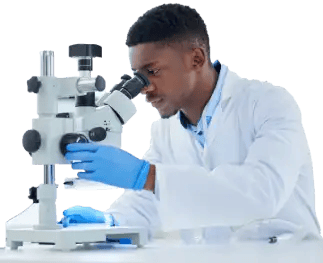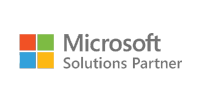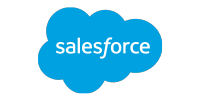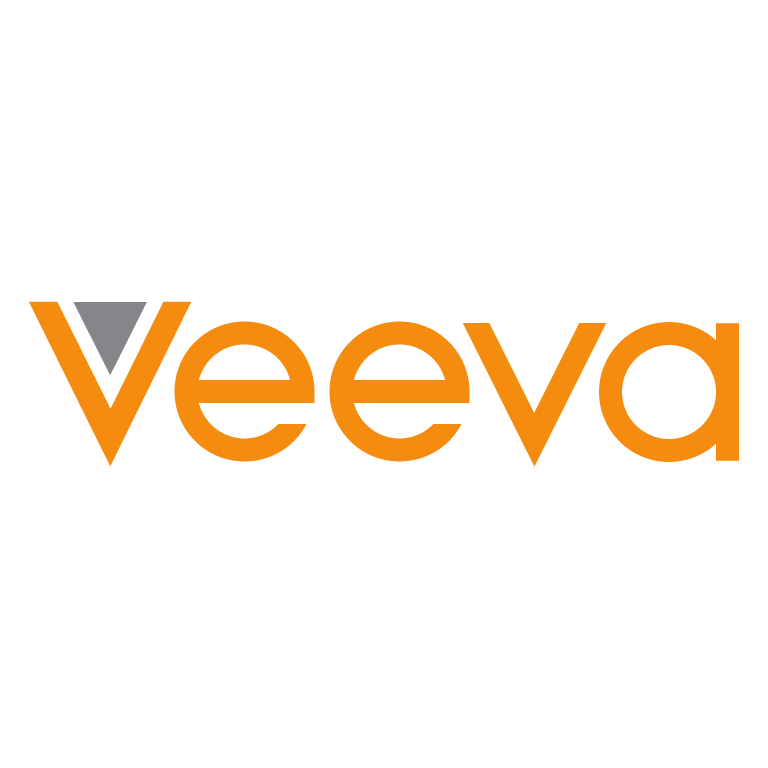- Home
- What we do
- Market
- Life Sciences
LIFE SCIENCES
Revolutionizing Life Sciences with Digital Transformation
Accelerating your digital journey with integrated solutions for data, compliance, optimization, and research
LIFE SCIENCES
Amplifying outcomes with targeted solutions
Combine Healthcare and technology to address Life Sciences market challenges. Accelerate digital transformation with CitiusTech. Enhance research, development, and commercialization processes while ensuring compliance and patient well-being.
NEWS
Redefining clinical trials: How real-world data integration and agentic AI are turbocharging pharma research
PRESS RELEASE
CitiusTech Wins Two Gold Stevie® Awards for its AI-Driven Medical Imaging and Generative AI Quality and Trust Solution
PRESS RELEASE
CitiusTech Launches CitiusTech HealthSPARX, A Real-World Data Platform for Life Sciences Organizations
NEWS
Gen AI, digital twins, and data privacy: Assessing healthcare transformation trends and imperatives in 2025
PRESS RELEASE
CitiusTech Awarded a 2024 AWS Partner Award
NEWS
Beyond lab coats and traditional Alchemy: Redefining pharma R&D with AI/ML and advanced analytics

SUCCESS STORIES
Solving some of the greatest challenges in Life Sciences
.png?width=270&height=320&name=white-bg-image%20(2).png)
Case Study
.png?width=270&height=320&name=white-bg-image%20(2).png)
Case Study
.png?width=270&height=320&name=white-bg-image%20(2).png)
Case Study
WHY CITIUSTECH
Revolutionizing Healthcare & Life Sciences
+
Life Sciences technology & consulting professionals
%
of the top 10 global pharma companies use our services
%
of the top Clinical Research Organizations (CROs) consider us as their preferred partners
of the world’s top 10 global pharma companies are our clients
of the world’s top 7 Contract Research Organizations are our clients
SERVICES
Shaping Healthcare Possibilities with intelligent technology solutions




Product Engineering
Engineering bespoke healthcare products that drive efficiency and care quality

Explore other Services
Harness deep domain expertise and customized digital solutions to craft a seamless and integrated healthcare experience. With CitiusTech, you can also bridge the gap between healthcare and technology, fostering a healthier future.






.png?width=1920&height=1080&name=Consulting2_Menu_1%20(1).png)


















